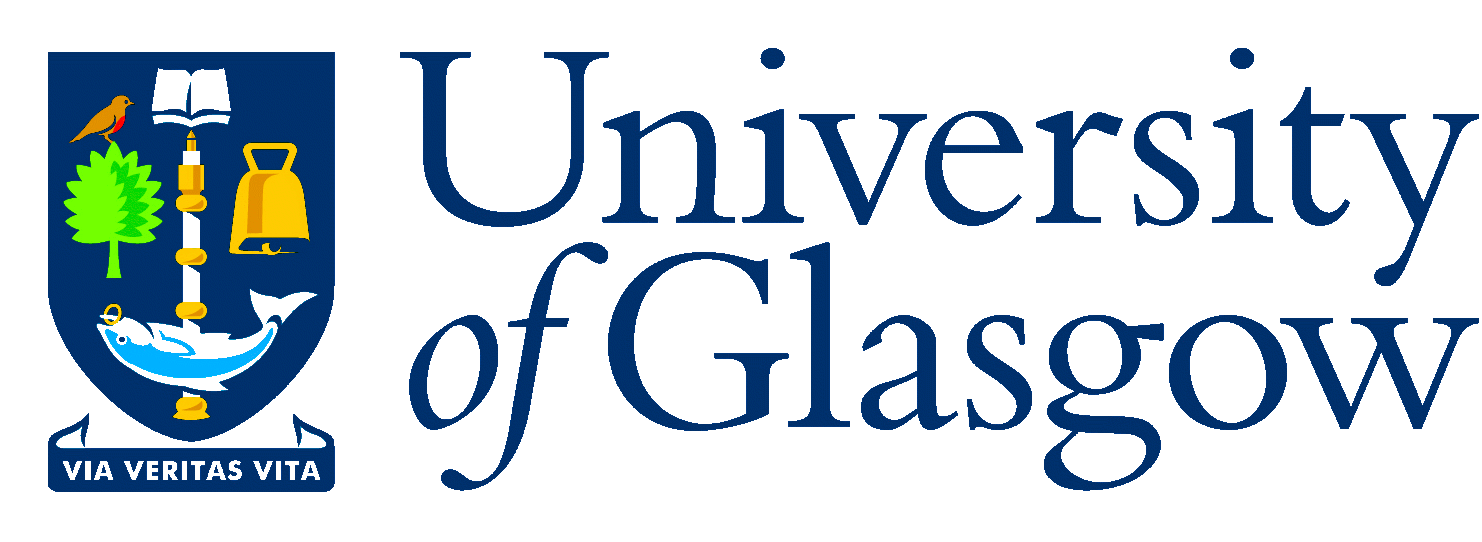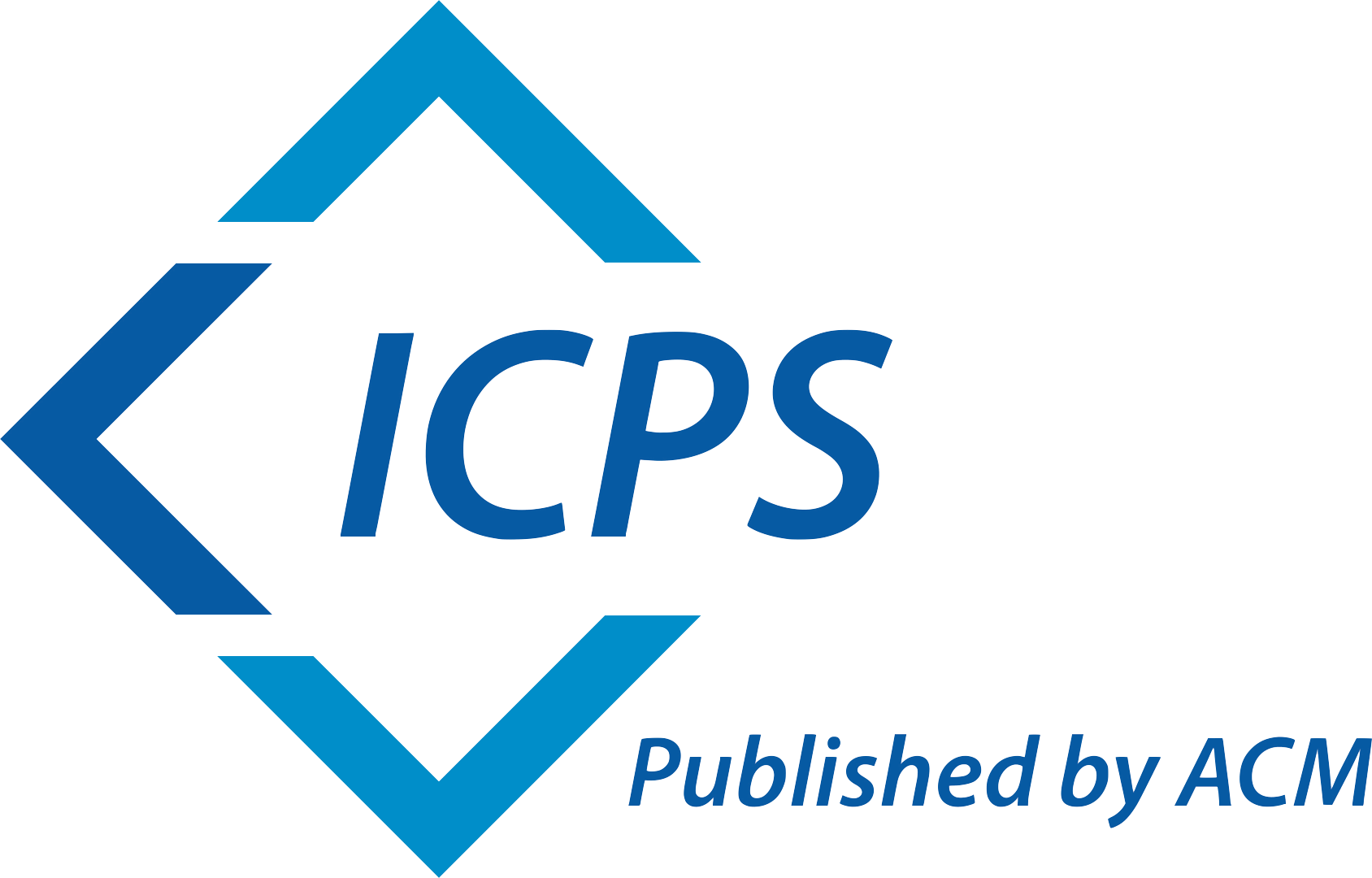Sponsors


The conference has now ended, thank you to all the authors and attendees that made the event engaging and memorable. The Discord community lives on and attendees can continue to meet and discuss ideas on the platform. If you are looking to contact a particular attendee, the attendee list is still avaliable.
More information will follow on UKICER 2021, keep checking the website and follow the conference Twitter account.
Until then, considering submitting to the Computing Education Practice (CEP) conference or joining the UK ACM SIGCSE.
See you soon,
Joe and Quintin.
General and Programme Chairs.
The United Kingdom and Ireland Computing Education Research (UKICER) conference from the UK ACM Special Interest Group in Computing Science Education is emerging as one of the leading venues nationally and internationally for researchers and practitioners to meet and share advances in computing science education.
The UKICER 2020 theme is gathering ideas together and has been chosen to emphasise that (1) computing science education research comprises of many different areas and ideas, including cyber security and data science, and (2) to celebrate practice that brings people together and makes the most of people in the same space.
We are a diverse and inclusive community bringing together researchers, academics, industry practitioners and teachers from across the United Kingdom and Ireland as well as from the rest of Europe and the wider world.
The conference takes place on Thursday 3rd of September and Friday 4th of September 2020 online
The United Kingdom and Ireland Computing Education Research (UKICER) conference from the UK ACM Special Interest Group in Computing Science Education is going online!
While we will miss meeting physically in person, we looking forward to welcoming many more to our community, both nationally and internationally, with reduced registration fees and interactive online sessions. The approach also allows us to simplify and extend deadline dates and provide more time to authors as booking accommodation and travel are no longer a constraint. The abstract deadline is Friday the 3rd of July 2020 with full papers expected the following week on Friday the 10th of July 2020.
The United Kingdom and Ireland Computing Education Research (UKICER) conference from the UK ACM Special Interest Group in Computing Science Education is seeking high quality contributions to research relevant to computing science education. Contributions are sought in a variety of categories with emphasis on high-quality and rigorous work. Call for Participation (PDF).
We invite submissions of research papers on the topic of computing education. Themes of interest include:
Papers should describe a rigorously executed piece of work, include a motivating research question and discussion of prior related work. We welcome:
All submitted papers should have a research component. Papers focused purely on practice-related topics such as implementation of new curricula or new course designs may be better suited to our sister Computing Education Practice conference.
We invite proposals for running 1 to 2-hour workshops. The workshops should be relevant to British and Irish educators (in a university or school setting) and/or computing education researchers. Example workshops may be on the use of research techniques (e.g. qualitative methods), grant writing, pedagogical techniques (e.g. peer instruction), tools (e.g. programming environments, assessment tools), or any other topic which may be relevant to conference attendees.
We invite posters for presentation and discussion at the conference. The posters should be relevant to British and Irish educators (in a university or school setting) and/or computing education researchers. Example posters could include initial ideas, experimental designs, pedagogical techniques or early proposals to address open challenges in computing science education research.
The review of posters is not double-blind. Posters will be presented using GatherTown with attendees able to discuss several posters in a single session. Poster presenters will be asked to give a lightening talk during the conference and produce a 30-second overview video for promotion on the UKICER Twitter feed. Any questions should be directed to the Posters chair, posters@ukicer.com
There are several important dates for the UKICER conference.
| Milestone | Date and Time |
|---|---|
| Call for Participation | Thursday, January 9, 2020. |
| Abstracts (250 words) |
Friday, July 3, 2020, anywhere on Earth (UTC-12). |
| Full papers |
|
| Notification of paper acceptance |
Friday, July 31, 2020. |
| Final camera ready submission |
|
| Milestone | Date and Time |
|---|---|
| Call for Participation | Thursday, January 9, 2020. |
| Workshop Proposal (500 words) |
Friday, July 17, 2020, anywhere on Earth (UTC-12). |
| Poster abstract (approx. 250-500 words) |
Friday, August 21, 2020, anywhere on Earth (UTC-12). |
| Notification of workshop acceptance |
Friday, July 31, 2020. |
| Notification of poster acceptance | Friday, August 21, 2020. |
| Milestone | Date and Time |
|---|---|
| Registration Opens | Monday, July 6, 2020. |
| Registration Closes | Monday, August 24, 2020, anywhere on Earth (UTC-12). |
| Workshops | Thursday, September 3, 2020. |
| UKICER Conference | Thursday, September 3 - Friday September 4, 2020. |
The registration platform is EventBrite and the conference will be delivered using a range of platforms, including EventBrite. Tickets can be purchased below or directly through the EventBrite platform.
The United Kingdom and Ireland Computing Education Research (UKICER) conference from the UK ACM Special Interest Group in Computing Science Education is going online! The conference event will occur entirely online and resources are accessed via EventBrite. Attendees need will automatically be able to gain access to the page once they have registered for the conference.
THURSDAY, SEPTEMBER 3, 2020 |
|
| TIME | EVENT |
|---|---|
0845 - 0900 |
Arrival and Guidance |
0900 - 0915 |
Opening RemarksQuintin Cutts, University of GlasgowJoseph Maguire, University of Glasgow |
0915 - 1000 |
Keynote: Reflections on Computing Science Education ResearchDr. Steve Draper, University of Glasgow. |
1000 - 1030 |
Coffee break |
1030 - 1200 |
Paper session 1: Cognitive ConcernsSession Chair:Measuring the Cognitive Load of Learning to Program: A Replication Study.Albina Zavgorodniaia, Aalto University.Rodrigo Duran, Aalto University. Arto Hellas, Aalto University. Otto Seppälä, Aalto University. Juha Sorva, Aalto University. The effect of explicit instruction on students learning the second programming language .Ethel Tshukudu, University of Glasgow.Siri Annethe Moe Jensen, University of Oslo. Relating Spatial Skills and Expression EvaluationJack Parkinson, University of Glasgow.Quintin Cutts, University of Glasgow. Steve Draper, University of Glasgow. |
1200 - 1300 |
Lunch break |
1300 - 1400 |
Paper session 2: CommunitySession chair: Maria Kallia, Radboud UniversitySense of Belonging in Female Computer Science Students and their Self-declared Minority StatusCatherine Mooney, University College Dublin.Brett Becker, University College Dublin. The impact of COVID-19 and "emergency remote teaching" on UK computer science educationTom Crick, Swansea University.Cathryn Knight, Swansea University. Richard Watermeyer, University of Bristol. Janet Goodall, Swansea University. |
1400 - 1430 |
Posters and coffee
|
1430 - 1600 |
Workshop: 2nd Workshop on Using Video in Computer Science EducationAdriana Wilde, University of Southampton.Alan Dix, Swansea University. |
FRIDAY, SEPTEMBER 4, 2020 |
| TIME | EVENT |
0845 - 0900 |
Arrival and Guidance |
0900 - 1030 |
Workshop: Integrating New Research Faculty into the UK Computer Science Education CommunityAlan Hayes, University of Bath.James Davenport, University of Bath. Alastair Irons, University of Sunderland. Tom Prickett, Northumbria University. Tom Crick, Swansea University. |
1030 - 1100 |
Posters and coffee
|
1100 - 1200 |
Paper session 3: Creativity and EngagementExploring the Instructional Efficiency of Representation and Engagement in Online Learning MaterialsAva Heinonen, Aalto University.Arto Hellas, Aalto University. Developing Creativity in Computer Science Initial Teacher Education through Design ThinkingGemma O’Callaghan, Galway-Mayo Institute of Technology.Cornelia Connolly, National University of Ireland Galway. |
1200 - 1300 |
Lunch break |
1300 - 1430 |
Paper session 4: Peers and ProgrammingSession chair:Evaluating a Peer Assessment Approach in Introductory Programming CoursesAmal Al-Khalifa, Newcastle University.Marie Devlin, Newcastle University. Compile Much? A Closer Look at the Programming Behaviour of Novices in Different Compilation and Error Message Presentation ContextsIoannis Karvelas, University College Dublin.Joe Dillane, University College Dublin. Brett Becker, University College Dublin. Software Testing as Medium for Peer FeedbackLéon McGregor, Heriot-Watt University.Manuel Maarek, Heriot-Watt University. |
1430 - 1500 |
Comfort break |
1500 - 1515 |
Rolling reviewsQuintin Cutts, University of Glasgow.Joseph Maguire, University of Glasgow. |
1515 - 1530 |
Journal clubDuncan Hull, University of Manchester. |
1530 - 1545 |
Closing remarksQuintin Cutts, University of Glasgow.Joseph Maguire, University of Glasgow. |
Information for presenters will appear closer to the conference.




